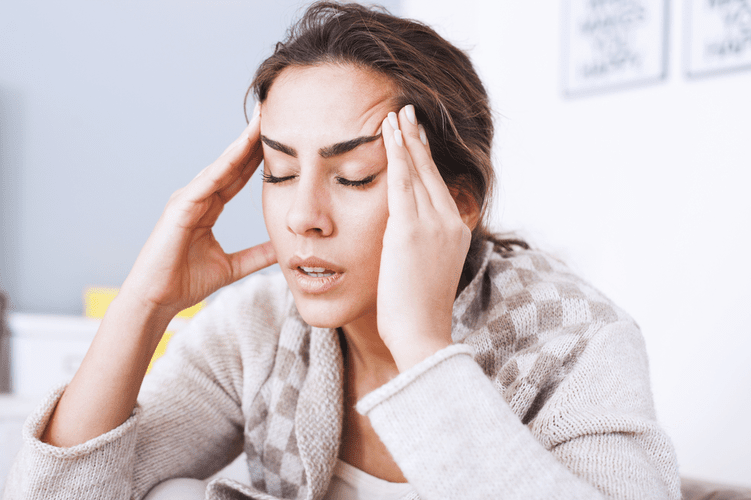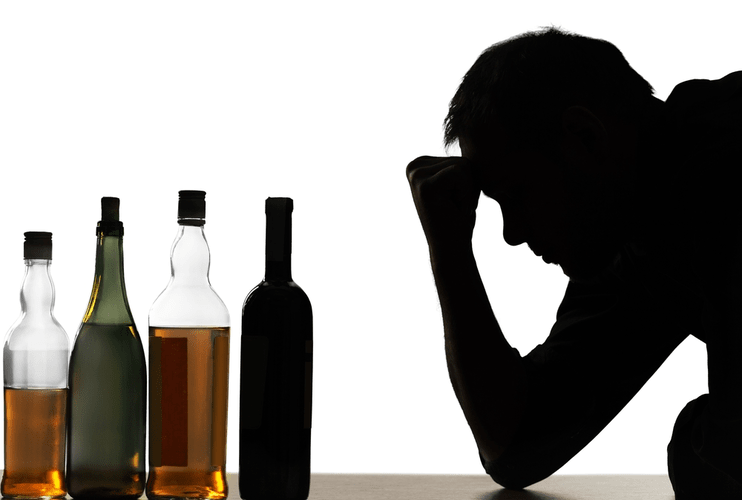It’s might even seem weird to you to go out on the weekend without having alcohol. Packing a case of beer or a bottle of wine is almost more common than taking food with you. We’ve all seen Mad Men, where the titular heroes get home to enjoy a glass of strong drink after work “to unwind”. In the workplace, there is likely to be little or no obvious impact on the alcoholic’s performance or conduct at work.
If you’re in a workplace that normalizes after-work drinking, consider proposing alternatives. You can start small by suggesting one non-alcoholic team event and gathering feedback afterward. Your input can help create a more inclusive work culture that prioritizes genuine well-being.
This back-to-work conference can help explain what has gone on in treatment, what the employee’s treatment schedule looks like, and any needed changes in work such as travel schedules or closer supervision. Before actually meeting with the employee, you should gather any documentation of performance or conduct problems and think about what items to discuss with the employee. It is important to be specific about the problems in the employee’s performance and conduct and the particular incidents of concern. It might be helpful to rehearse this or at least go over the documentation with the EAP counselor. It is generally a good practice to notify any employee who is being counseled for a performance or conduct problem about the availability of the EAP.
Steps to Conflict Resolution in the Workplace

Risky drinking can also increase your risk of stroke, damage your heart muscle (cardiomyopathy), and increase your blood pressure. We specialize in compassionate, evidence-based care tailored to your needs. Engaging in hobby clubs after work can enrich one’s social life, providing a remedy for loneliness and a platform to build meaningful relationships. These clubs serve as a gateway to cultural integration, especially for newcomers, helping them to understand and integrate into the local culture and community.
- Regular after-work alcohol consumption presents a risk not only to physical health but also to mental well-being.
- For bourbon enthusiasts seeking a low-carb alternative, this cocktail is an excellent choice.
- In the early stage, the alcoholic does not consider himself or herself sick because his or her tolerance is increasing.
- What begins as casual drinking can escalate to problem drinking and even addiction.
- Social support is also crucial, as isolation can exacerbate the risk of relapse.
- Missed work and health problems arising from alcohol misuse can cause economic harm to workplaces because of reduced productivity and insurance costs.
Funny Cocktails to Shake Up Your Next Party!
There are numerous healthier alternatives that can help reduce stress and improve overall well-being. Engaging in physical activities like establishing an exercise routine can be a great way to let off steam. Research highlights the symbolic and social meanings of work-related drinking rituals, which can serve to navigate social interactions and provide behavioral guidance. Yet, these norms are not static; they evolve with societal changes and vary according to the context, the company and even the time of day. Maitrayee Dey has a background in Electrical Engineering and has worked in various technical roles before transitioning to writing. Specializing in technology and Artificial Intelligence, she has served as an Academic Research Analyst and Freelance Writer, particularly focusing on education and healthcare in Australia.
But when drugs or alcohol affects how you do your job now, you don’t have that same protection. This act requires federal contractors and grantees to maintain a drug-free workplace. While primarily focused on illegal drugs, many employers extend policies to include policies to avoid employee drinking at work and ensure a comprehensive approach to substance abuse.
Physical Signs of Alcohol Use at Work
Regular heavy drinking can increase blood pressure and contribute to the development of heart disease. It can also lead to an irregular heartbeat, known as atrial fibrillation, which can further increase the risk of stroke and other cardiovascular complications. If you feel like you need a drink every night after work, chances are, you should think about getting some help. Wanting a drink every night normally means you’re struggling with stress, mental health problems, or coping with parts of your life. Talking to your doctor about stress, about building emotional coping mechanisms, and about improving your mental health can give you the tools to improve life before things get worse. The thing is, while that’s romanticized in media, it’s not usually good for you.
The Role of Alcohol in Modern Work Culture
- After-work drinks are a great way to round off the day and raise a toast to all the good things you’ve accomplished throughout the day (even if it only was to put on a clean shirt for a Zoom meeting!).
- Recognizing when to seek professional help for managing alcohol consumption is a vital step toward recovery for those struggling with drinking habits.
- A variety of treatment professionals are available, including primary care providers, psychiatrists, psychologists, social workers, and alcohol counselors.
- This refined and intriguing cocktail is ideal for unwinding after a long day, offering a sophisticated and complex taste profile that will leave you wanting more.
- The more we talk about and normalize sober socializing, the more likely it is to become a part of workplace culture.
Allow your colleagues to unwind at the work happy hour and forget about the day. There are certain etiquette rules you drinking after work should follow when it comes to office happy hours. Let’s discuss the do’s and don’ts of after-work drinking before you attend a happy hour with co-workers so you can make the most of your next after-work gathering.

At Santé Center for Healing, we offer support for you for all of the reasons you’re thinking about drinking. When happy hour begins what is alcoholism directly after work, dinner time might come and go while you’re still enjoying time at the bar. If you start drinking on an empty stomach, you may experience the effects of your cocktails more rapidly. While after-work drinking may offer temporary stress relief, it is essential to examine its potential long-term psychological effects. After a long day at work, many individuals find solace in the idea of unwinding with a drink. The clinking of glasses, the laughter, and the camaraderie that comes with after-work drinks can create a sense of relaxation and relief.
London Fog Cocktail

Made with fresh blueberries, sweet and sour mix, agave syrup, lemon juice, and Jack Daniel’s whiskey, this cocktail is bursting with flavor and is sure to impress your taste buds. Looking for a warm and cozy drink to unwind after a long day at work? This comforting cocktail is perfect for the holiday season, with seasonal spices, a bold red wine, and bright orange.
- Those with professions such as office workers, lawyers, doctors, accountants, and management, may also find themselves struggling to control their drinking habits.
- If you’re looking for a sophisticated and indulgent drink to enjoy after work, the Chocolate Manhattan is definitely worth a try.
- At North Jersey Recovery Center, we are dedicated to making sure all our clients get the best treatment possible.
- However, it is important to delve deeper into the psychological impact that regular after-work drinking can have on individuals.
- If you are struggling with addiction and co-occurring mental health, our expert team is here to guide you every step of the way.
Under the Family and Medical Leave Act (FMLA), eligible employees can take up to 12 weeks of unpaid, job-protected leave for substance abuse treatment. Alcohol misuse can create significant consequences for the workplace. When people talk about the dangers of alcoholism at work, they typically refer to employees with signs of an alcohol use disorder, which is the clinical term for an alcohol addiction. Regular after-work drinking can take a toll on our physical well-being, impacting various aspects of our health. When it comes to the effect on sleep patterns, alcohol consumption can disrupt the delicate balance necessary for a good night’s rest.
During the period of time that the employee is away from work receiving treatment, he or she will usually be carried in some type of approved leave status. In most cases, it would be appropriate for the employee to be carried on any available sick leave. Normally, the employee would not be charged as absent without approved leave (AWOL) unless the employee’s absence had not been approved. Check with the Human Resources office about the rules and policies regarding approval and denial of leave.
